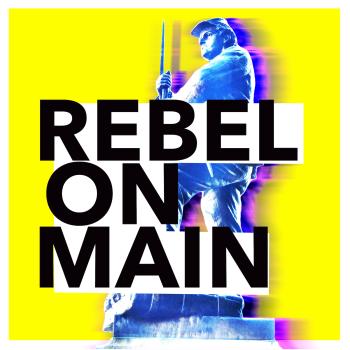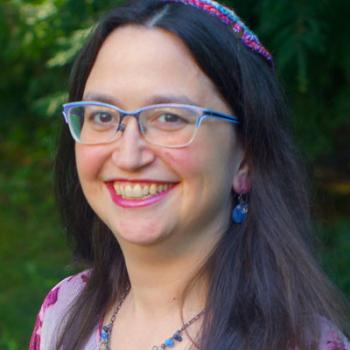Obama's second point stated that the concerns of the religiously motivated must be translated into universal values. That is, although believers, including Obama himself, undoubtedly come to their political positions based on their religious convictions, when they submit these positions to the public square, they must do so in such a way that acknowledges the plurality of the populace. Clearly, this will involve compromise. If I understand that the only reason I hold to a certain position is due to my religious convictions, I must either find a way to express these so that they have universal appeal, or recognize their place in my personal life but not in society.
Obama illustrated the point brilliantly through the story of Abraham and Isaac. If any of those in attendance, he said, saw Abraham with the knife raised above Isaac's head, they would act to stop him from murdering his son. They would be operating on the basic and universal belief that murder is wrong, and would not have access to the special instruction that God gave Abraham. So too must believers and non-believers appeal to the values we share, as opposed to special revelation.
Finally, Obama called for a sense of proportion from both sides. This, he said, is already widely understood and practiced by Christians in the United States. We understand that certain Biblical teachings are essential to faith and must be accepted, whereas others are more open to interpretation, more amenable to compromise in a pluralist society. For those who are not religious, however, he also calls for proportion, pointing out that not every mention of God in public is a violation of the separation between Church and State, and that prayer groups in school do not threaten our democracy.
These words, so eloquently issued by our President four years ago, are particularly poignant now. The rift that lies between the ways in which religious and non-religious people consider politics has not closed in the years since he delivered this speech; it has widened considerably. This is not to mention the way in which his testimony as offered in the beginning of the speech should serve as a helpful reminder for that obscene percentage of Americans who seems to have forgotten that he is, in fact, a serious and committed Christian.
Thus, the answer to one of the questions that prompted this conversation, what are the healthy ways of mixing politics and religion, finds its answer, for me, in the consistent words and practice of our President, repeated even as recently as Tuesday. However unlikely I thought it was that the man who delivered these words would eventually assume the presidency, I take great comfort in remembering amongst the accusations that he is socialist or a Muslim, that our Christian president understands the complexity and is up to the challenge of mixing politics and religion.
Jonathan D. Fitzgerald is managing editor of Patrolmag.com. You can follow him on Twitter.
See Scot McKnight's perspective on these questions, or visit the Evangelical Portal for more.




